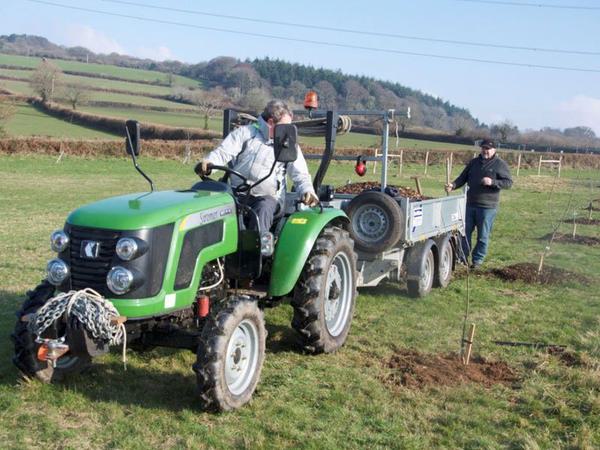South Devon National Landscape
Stretching from Torbay to the outskirts of Plymouth South Devon National Landscape is loved for its rugged cliffs, sandy coves, peaceful countryside, picturesque villages, rolling hills, wooded valleys, colourful hedge banks, and secretive estuaries. The National Landscape is a centre for active and creative community life, a thriving and dynamic work place and a popular visitor destination.
The Heritage Coast of the National Landscape boasts 96km of South West Coast Path which together with its network of footpaths is increasingly well used. It features 68 beaches from popular sites to isolated coves. Inland, the fertile, sheltered South Hams peninsula is a pastoral landscape of flowering hedgerows and ancient sunken lanes. The five estuaries are one of the National Landscape's defining features each of them unique and special to their local communities. The built environment of thatched, white, pink, and ochre cottages and picturesque fishing ports such as Dartmouth and Salcombe is intrinsic to its quality.
The area supports an outstanding range of habitats, species and geological features – ranging from salt marshes, reedbeds and eelgrass to hedge banks, ancient oak woodlands, farmland and coastal grasslands; and from exposed shorelines with sea arches, wave-cut platforms, crags, cliffs, dunes and shingle ridges to sheltered marine inlets with expansive mudflats. The natural environment provides a varied, colourful landscape tapestry which enriches and supports the lives of residents and visitors and underpins the tourism economy. The entire National Landscape coast is county-designated as a coastal preservation area and contains many Sites of Special Scientific Interest. Much of the cliff top land has been acquired by the National Trust.
South Devon is traditional Devon mixed farming country and the rural economy depends on agriculture, tourism and fishing. 74% of the National Landscape is farmed and reflects centuries of land management practices and traditions which remain at the heart of our rural communities, producing high quality food, maintaining and shaping the landscape. Farming has a key role to play in protecting the environment by keeping air and rivers clean, improving soils and providing wildlife habitats. Post Brexit the agricultural sector has entered a period of major change especially funding and market uncertainties with farming businesses needing a range of support mechanisms to help them navigate a sustainable path.








